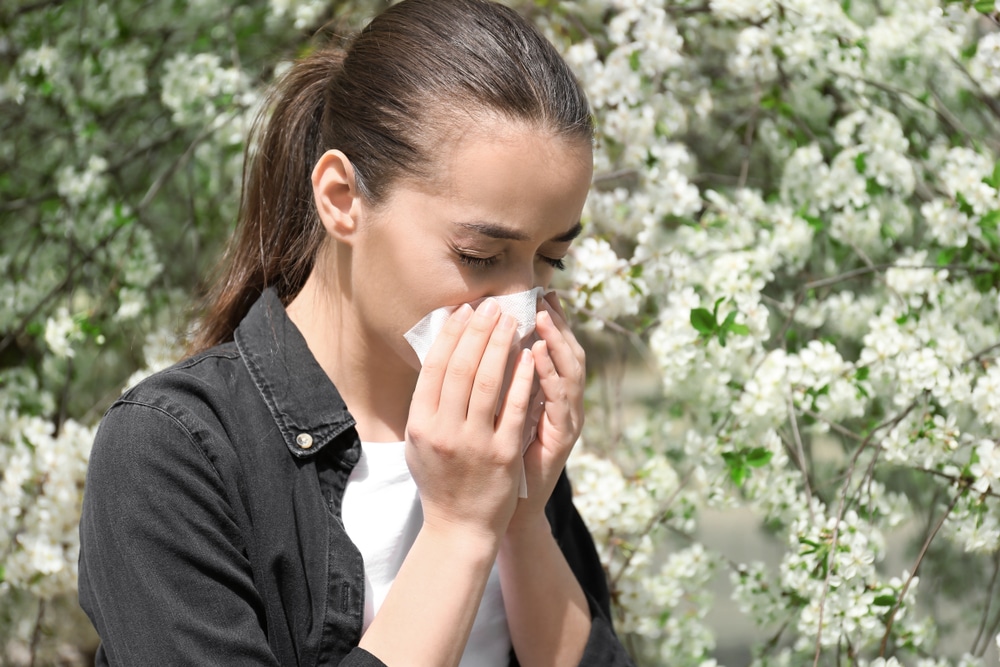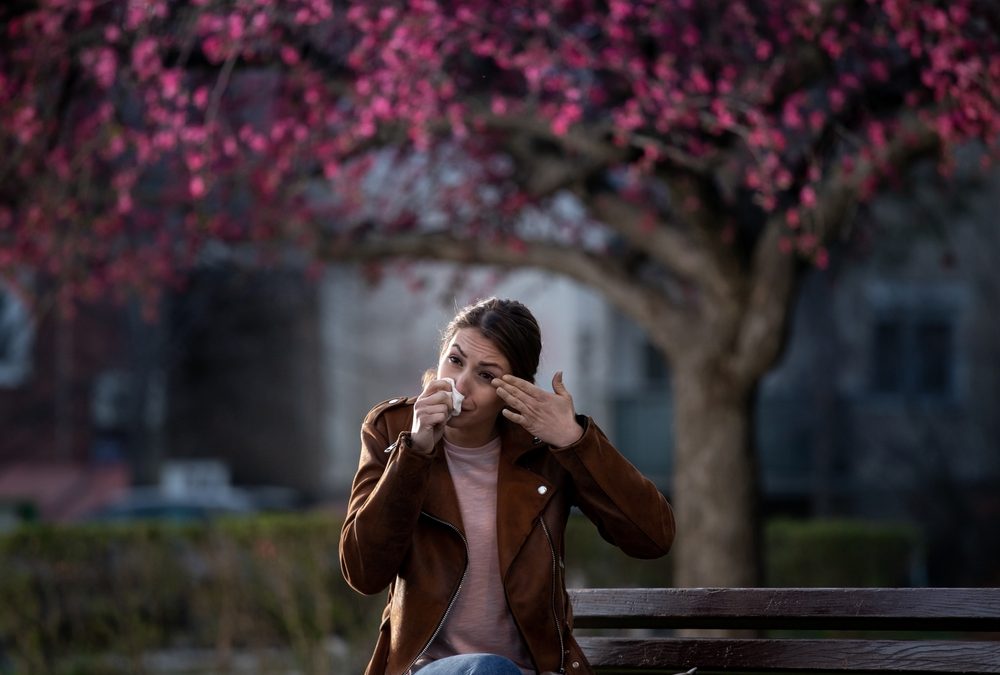When you think about seasonal allergies, the first season to come to mind is probably summer. The high pollen counts and the likelihood of bug bites certainly make summer allergies formidable. However, autumn can be just as bad, if not worse. The Houston area presents a particularly unpleasant breeding ground for fall allergies.
Don’t assume your symptoms will disappear just because summer is over. Several common allergy triggers continue thriving well into the fall months. As autumn continues, here’s how to identify your allergens and how to deal with them during the rest of the season.
Common Allergens & Symptoms
Every autumn, some of the worst allergen offenders include:
- Dust mites
- Ragweed pollen
- Mold
Allergies will manifest themselves in different ways for different people. Some may experience drastic symptoms while others barely notice theirs. But chances are that you’ll deal with at least minimal allergy symptoms. Keep an eye out for these symptoms in yourself and others:
- Coughing
- Sneezing
- Watering eyes and runny nose
- Dark circles under eyes
- Itchy eyes or nose
Pro Tip: Are you or someone you know allergic to ragweed pollen? Melons, zucchini, bananas, and other produce can cause similar reactions. Monitor your autumn diet carefully.
Managing Your Symptoms
Mild to moderate allergies are easy to handle on your own. During peak pollen season, stay indoors as much as possible and keep your windows closed to pollen can’t blow into your house. Your local weather report should keep you updated on pollen levels.
Take care that the air you breathe is clean. It’s always important to change your HVAC filter periodically, but it deserves special attention in autumn as it filters out pollen and other potential allergens. If a new filter isn’t enough, set up a dehumidifier to keep the air drier and discourage mold growth, and wear a mask outdoors if you find yourself regularly exposed to pollen.
Medical Diagnosis & Treatments
For more severe allergies, it’s best to make an appointment with your doctor. A primary care physician can help you determine the exact cause of your allergies and help you manage your symptoms. They may also recommend over-the-counter or prescription allergy medicines, including:
- Immunotherapy
- Antihistamines
- Decongestants
- Nasal sprays
If you’ve been using allergy medicine on your own already, ask your doctor if you should continue using it or try a different type. Depending on the rest of your health circumstances, some medicine may not be doing you any good.
Keep Allergies Under Control
Seasonal allergies are no fun for anyone. However, they don’t have to be crippling and make your autumn season miserable. Know what triggers your symptoms and how to combat them. Talk to your doctor if necessary. With some effort and care, you can deal with your seasonal allergies and keep your symptoms well under control this fall.
Join the conversation to learn more about dealing with seasonal allergies.




